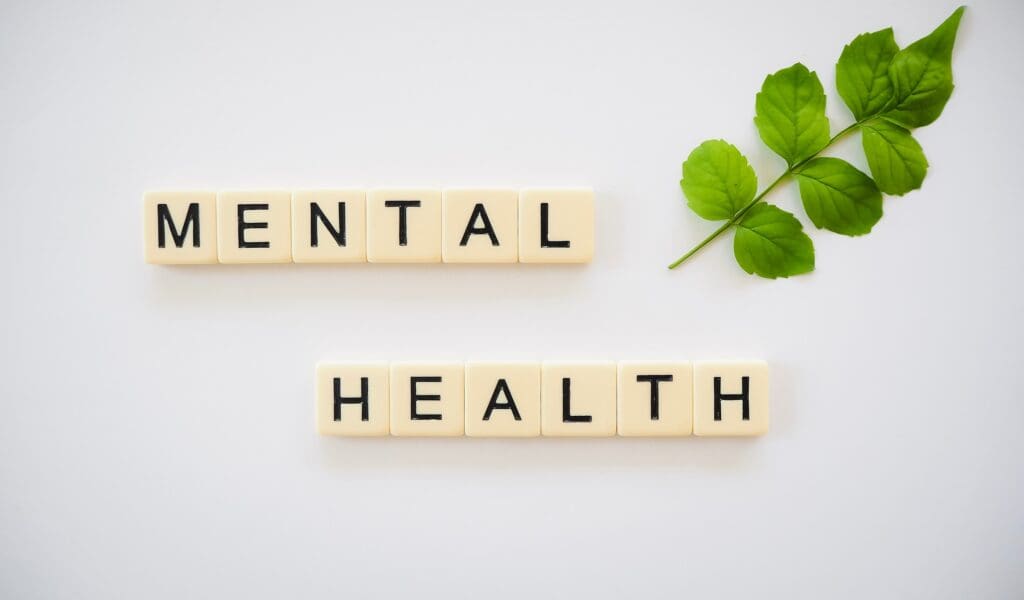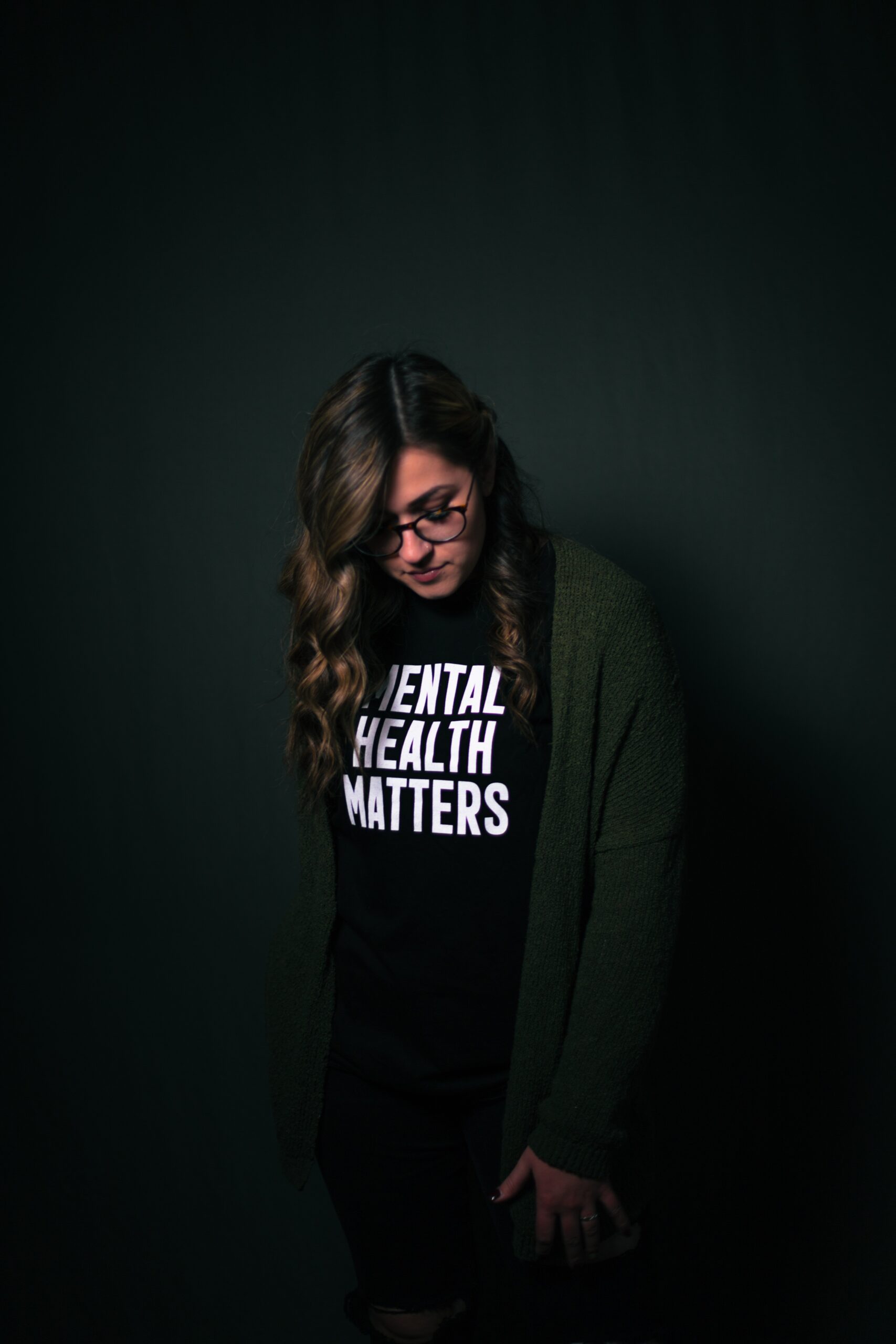Mental health
What’s normal, what’s not?
Normal mental health is a rather difficult concept to define.
Although, normality is not an easy concept to define, some of the following traits are commonly found in ‘normal’ individuals.
- Reality orientation
- Self-awareness and self-knowledge
- Self-esteem and self-acceptance
- Ability to exercise voluntary control over their behavior.
- Ability to form affectionate relationships.
- Pursuance of productive and goal directed activities.
According to the World health Organization, Mental Health is a state of well being in which an individual realizes his or her own abilities, can cope with the normal stresses of life, can work productively, and is able to make a contribution to his or her community.

A psychiatric/mental disorder on the other hand is a clinically significant psychological or behavioural syndrome that causes significant distress and disability and which is not merely a socially deviant behaviour or an unexpected response to a stressful life event (e.g. loss of a loved one)
The simplest way to medically conceptualize a psychiatric disorder is a disturbance of cognition, conation and affect, or any disequilibrium between the three domains. (As a non-medic, you really don’t need to understand any of these three domains, this post is majorly to create proper awareness on the subject topic)
Causes of Mental illness
Everyone has some risk of developing a mental health disorder, regardless of their age, sex, income, or ethnicity.
Although the exact cause of mental Illnesses is unknown, it is becoming clear through research that many of these conditions are caused by a combination of biological, psychological and environmental factors.
Biological factors
● Chemical imbalances in the brain
●Genetics
●Infections
●Prenatal damage
●Brain defects or injury
●Substance abuse
●Poor nutrition
●Exposure to toxins such as lead
Psychological factors
● Severe psychological trauma suffered as
a child, such as emotional, physical or
sexual abuse
●An important early loss, such as the loss of a parent
●Neglect
Environmental factors
● Death or divorce
● A dysfunctional family life
●Changing jobs or schools
●Social and cultural expectations
●Substance abuse
With all being said, it is disturbing to know that there are still many false beliefs pertaining mental illness, especially in this part of the world. I’ll be debunking a few of them right away.
Mental illness myths and facts
MYTH: Being mentally ill means you are crazy
FACT: Mental illness might alter your thinking, destabilize your mood or skew your perception of reality but it doesn’t mean you are crazy.
MYTH: People with mental illness are violent and usually perpetrators of mass violence
FACT: The unfortunate truth is that most with mental illness are more likely to be victims of violence than perpetrators
MYTH: People with Bipolar disorder only have mood swings but claim to be ill
FACT: Bipolar disorders do not cause mood swings. It causes more serious mood cycles that last for weeks or even months.
MYTH: Post traumatic stress disorder is only a millitary man’s disease
FACT: Anyone can have PTSD, A rape or sexual assault victim, a domestic abuse victim, a survivor of natural disaster, someone who has suffered a loss and even a person who did not face any violence or threats directly but witnessed it.
MYTH: Seeking help for mental illness means I am weak and confirms that I am indeed crazy
FACT: It is rather difficult to open up to anyone about mental illness, but the fear of other people’s perception might prevent getting the much needed help. Seeking help would actually make you stronger and well enough to continue with normal daily activities.
A brief overview of common mental health disorders
Schizophrenia
It is the most severe form of functional mental illness and has been found to be the most common mental disorder worldwide. Schizophrenia has been called “arguably the worst disease affecting mankind, even AIDS not excepted. It is characterized by disturbances in thought and verbal behaviour, perception, affect, motor behaviour and relationship to the external world.
Anxiety Disorders
This is a heterogenous group of disorders with abnormal fear and stress as the main underlying disorder. Anxiety is said to be abnormal/ a mental disorder when symptoms Interfere with the individual’s normal productive activities. Anxiety disorders can be differentiated into Generalized
anxiety Disorders, Panic disorders, Obsessive Compulsive disorders, Phobic disorders, Posttraumatic stress disorders and acute stress disorder, with each of them having distinct clinical features.
Mood disorders
They are mental health disorders that Involve emotional disturbances consisting of long periods of excessive sadness (depression), excessive joyousness or elation (mania), or both. Depression and mania
represent the two extremes/poles of mood disorders.
Mood disorders are classified into;
● Manic episode
●Depressive episode
●Bipolar mood disorder
●Recurrent depressive disorder
●Persistent mood disorder including cyclothymia and dysthymia
Post partum depression
Usually occurs within the first 2-3 weeks post delivery, but may occur at any point after delivery. Common symptoms include depressed mood, tearfulness, feelings of guilt, feelings of worthlessness or incompetence, fatigue, sleep disturbance, change in appetite, poor concentration and suicidal thoughts.
Its onset is usually 48-72 hours after delivery. Majority develop symptoms within the first/second week post-delivery. Onset is most times sudden, and characterized by severe aggressiveness, loud cry/shouts, suicidal attempts to self and the baby.
Sleep disorders
This is a spectrum of disorders affecting an individual’s sleep. It can affect the quality, depth, pattern and rhythm of sleep. A bad night’s sleep could produce irritability, low efficiency and productivity at work or difficulty in school work. Health and relationships also suffer.
Narcolepsy which is the irresistable attacks of refreshing sleep occurs daily, accompanied by episodes of brief loss of muscle tone; cataplexy, sleep-wake schedule disorder and other abnormalties that can occur during sleep.
Untreated Mental illness can cause severe emotional, behavioral and physical health problems. Complications sometimes linked to Mental illness include:
- Unhappiness and decreased enjoyment of life
- Family conflicts
- Relationship difficulties
- Social Isolation
- Problems with tobacco, alcohol and other drugs
- Missed school, or other problems related to work or school
- Legal and Financial problems
- Poverty and homelessness
- Self harm and harm to others including suicide and homicide
Mental illness is a huge liability to individuals and bodies at large. It is therefore necessary to improve the health seeking behaviour of the mentally ill to reduce its burden.


Remember we are stronger together, there is a need to get past the stigma to successfully help those struggling with mental health issues. The truth is that, no one is immune to developing one form of mental illness or the other. Let’s always look out for each other. Stay blessed guys.











